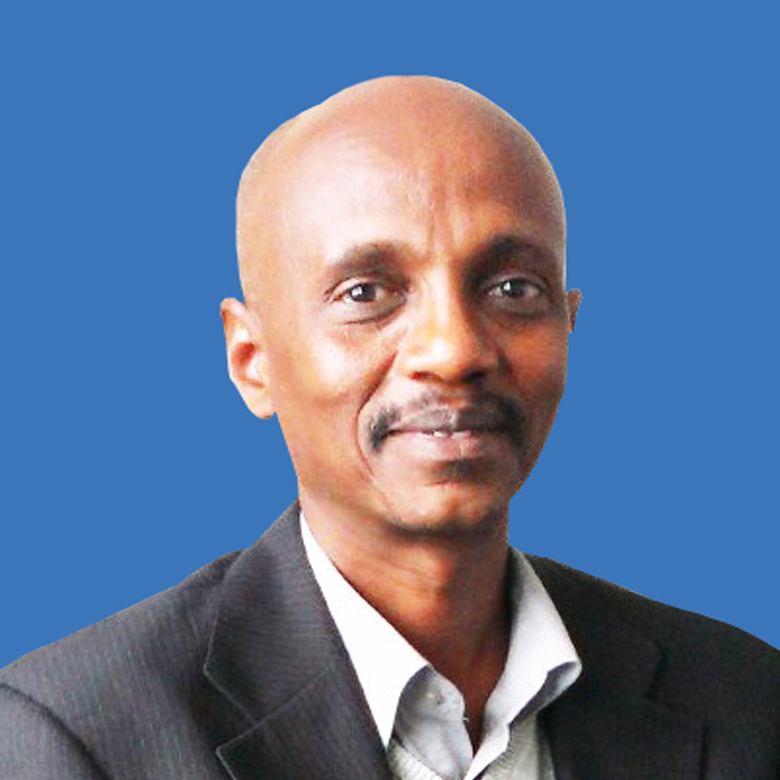
The recent spate of knife crime in British cities has brought many young Somalis into the criminal justice system and claimed several lives. In mid-February 2019, 16-year-old Sidali Mohamed died after being stabbed as he was leaving school in Birmingham. In September 2018, Guled Farah, a 19-year-old of Somali-British origin was gunned down in Walthamstow, east London. Earlier that year, two young men of Somali origin were killed on the same night in Camden, north London.
In May 2018, the Anti-Tribalism Movement, a Somali youth organisation in London on whose board I sit, invited me to a sobering forum about youth knife crime. The discussion at the workshop quickly became intense. A former gang member shared his experiences: “I started this business (of being in a gang) at the age nine,” he said. Now, he runs his own sports club to rehabilitate other gang members.
“I’m curious,” I asked him, “what do Somali gangs do?” He told me that to prove themselves and get promoted in the ranks of their gangs they needed to act ruthlessly and violently. He said they also try to recruit young people who are particularly isolated, and start to share drugs with their own siblings, friends and relatives.
“Are there Somali girl gangs?” a young woman asked. “Yes,” the man nodded, adding that their numbers are increasing.
Sadly, it seems that Somali youth in London haven’t been spared the trauma of the ruthless civil war that many of their parents endured, the legacy of which, followed by continued violence by Al-Shabaab militants, forced many to leave the country.
Being a young Somali
In my own PhD research, which looked at the integration experiences of young Somali men in Australia and the US, I found that Somali youth were particularly susceptible to criminality and Islamist extremism. Among the causes for this I identified were social marginalisation, poverty, unemployment, racism, identity crises, Islamophobia, Western governments’ foreign policies toward Muslim countries, and the dysfunction of the Somali community.
My case studies of the experiences of Somali men in Minneapolis and Melbourne showed many tended to be ambivalent about Somalia and their cultural identity. This is driven by negative media coverage of Somalia, focused on famine, piracy, Al-Shabaab militants and clan warfare, as well as a shortage of resources for the Somali community. Still, I found that Somali youth in US had a more developed sense of belonging to the US compared to those in Australia, the UK and elsewhere in the EU.
Yet, based on my ongoing research and conversations with the Somali diaspora around the world, it appears that the inclusive multiculturalism of countries such as the US, Canada, Australia and New Zealand – where different cultures can easily intermingle – have created an environment that gives young Somalis particularly little time to culturally adapt. Many young Somalis I’ve met, who were either born in the West or came early in their childhood, do not speak the Somali language.
In contrast, I recently met with Somali families from Switzerland, Italy, Norway and Sweden and I was amazed at their children’s fluency in the Somali language and their affinity with their cultural roots. In Switzerland, Finland and Sweden, Somali is taught in schools, helping to improve young people’s communication with their families and community. This matters, because language and cultural preservation keep young people connected to the Somali community. From my conversations with members of the Somali diaspora around the world, I believe such connections could help to prevent young people from joining criminal gangs.
Not leaving it too late
Back in London, the Somali youth at the forum on knife crime described the legacy of family breakdown, the lack of positive mentoring and positive role models within the Somali community. As one young man put it: “There is a shortage of emotional intelligence and encouragement in the community.”
Another young woman at the London forum said: “You know Somali parents get mad when it is too late. They don’t prevent children getting in trouble.” Like we Somalis say, Waxa aad qarsato waa ku qarsadaa (what you hide, hides you too), meaning Somali parents do not speak out and seek help at early stages when their children are in trouble, but they do seek help when things get out of hand.
The exception is when the trouble is associated with activities influenced by religion. Conversations I’ve had with Somali community experts suggest they believe Somali parents are less likely to report incidents of religious extremism to the police than they are to report sexual crime, knife or drug incidents. A specific referral service with religious legitimacy for young people suspected of extremism could help alleviate this. That said, my ongoing research is chronicling the way in which the longer members of the Somali community stay in the West, the more closely aligned they become to arguments that a crime is a crime, whether committed in the name of religion or otherwise.
In order to protect young Somalis from becoming the victim of violence or radicalisation, community leaders should help to foster links with their traditional culture. This could include meetings with moderate sheikhs with religious legitimacy and the development of specific services for the community. Somali communities should also demonstrate leadership and confront all kinds of violence for the welfare of the wider UK society. And to the citizens of Britain: open your hearts and minds to this community – reach out to the new arrivals and make them feel at home.
Research Associate, Department of Development Studies, SOAS, University of London

